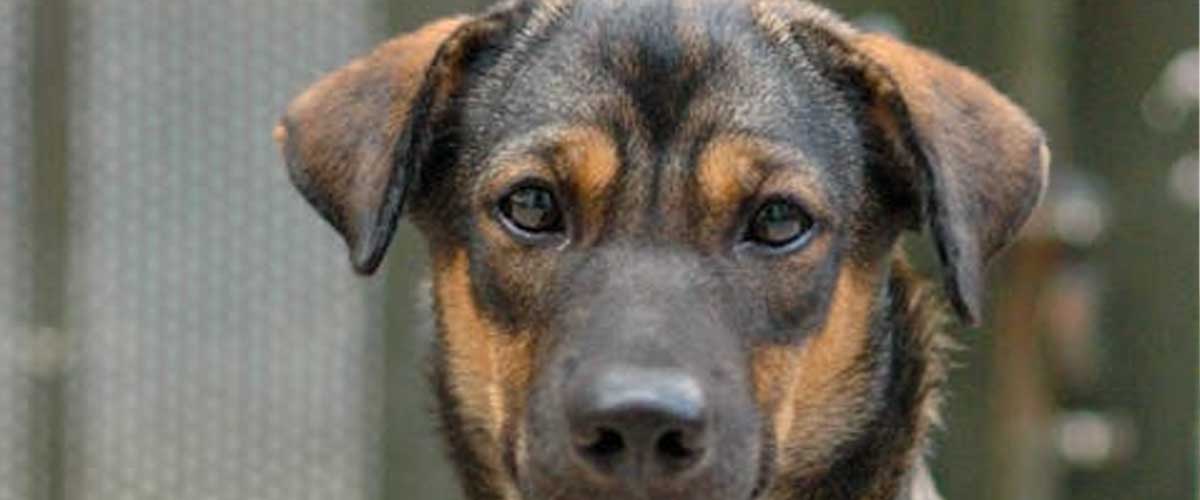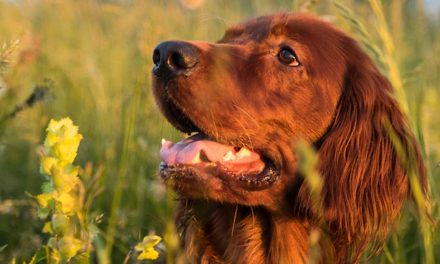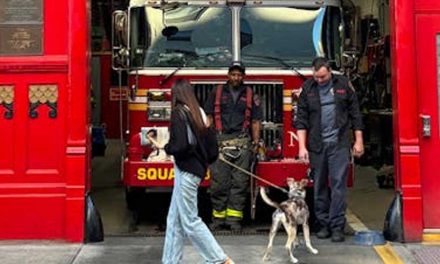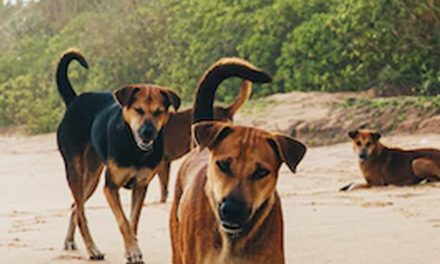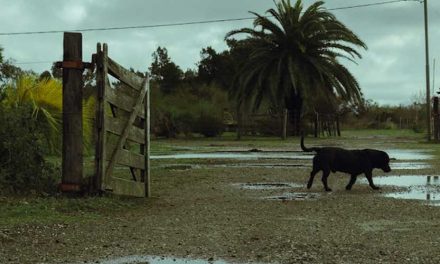Throughout history, dogs have held significant places in various religious traditions, serving not only as companions but also as symbols of fidelity, protection, and spiritual guidance.
Their diverse roles reflect the complex relationships humans have cultivated with these animals over millennia.
Here, we explore how dogs have been viewed in different religious contexts and the meanings attributed to them.
Ancient Civilizations
In ancient Egypt, dogs were revered as sacred animals.
They were associated with the goddess Anubis, who was depicted with the head of a jackal or dog.
Anubis was the god of the afterlife, overseeing the mummification process and guiding souls to the underworld.
Egyptian society valued dogs for their loyalty and protective instincts, often burying them alongside their owners to accompany them in the afterlife.
Similarly, in ancient Mesopotamia, the dog was regarded as a protector, often depicted in art and literature.
In some myths, dogs were thought to serve as guides for souls crossing into the afterlife, much like the role Anubis would later play in Egyptian belief.
Hinduism and Buddhism
In Hinduism, dogs hold an esteemed position within the broader pantheon of gods and spiritual beings.
They are often associated with Yama, the god of death, who is depicted with two dogs that symbolize loyalty and the safeguarding of dharma (moral order).
The festival of Pitru Paksha, which honors deceased ancestors, often includes the feeding of dogs as a way to honor the departed souls.
In Buddhism, dogs represent loyalty and faithfulness.
In some Buddhist texts, the Buddha himself was said to have had a deep connection with a faithful dog, showcasing the virtue of compassion towards all living beings.
Dogs are sometimes seen as embodiments of loyalty and are treated with respect in many Buddhist cultures.
Christianity
In Christian tradition, dogs have had a more ambiguous role, often symbolizing uncleanliness or degeneracy in medieval literature.
However, the story of Saint Roch illustrates a more positive view.
Saint Roch, a plague saint, was accompanied by a dog that famously brought him bread while he was in quarantine and licked his wounds, symbolizing companionship and care during hardship.
Moreover, the dog is a symbol of fidelity in Christian thought, representing steadfastness in faith.
The adage “A dog is a man’s best friend” can be traced back to the Christian understanding of fidelity and loyalty, reflecting the bond between humans and dogs.
Indigenous Beliefs
In various indigenous cultures around the world, dogs are often seen as spiritual beings.
For many Native American tribes, dogs figure prominently in mythology and are seen as spiritual guides.
They are believed to have a unique connection with the supernatural, often included in rituals and ceremonies to protect and guide the community.
In some traditions, dogs are considered messengers between humans and the spirit world, enhancing their status as sacred beings within those cultures.
Their roles often reflect the deep respect and value placed on their companionship and work, especially in hunting and guarding.
Contemporary Perspectives
In modern times, the role of dogs in spirituality remains significant.
Animal-assisted therapy has gained recognition as a means of healing and solace in various religious communities.
The unconditional love and support provided by dogs can be seen as a reflection of divine compassion, reinforcing the idea that dogs can play a pivotal role in spiritual and emotional wellness.
Additionally, many people today include dogs in religious ceremonies, from blessings of the animals to being part of family gatherings and celebrations, underscoring their integral role in human life and spirituality.
Conclusion
Throughout history, dogs have transcended their roles as mere companions, becoming vital figures in religious and spiritual contexts across cultures.
From protectors of souls in ancient beliefs to symbols of fidelity in Christian traditions, their significance is woven into the rich tapestry of human spirituality.
As we continue to honor and cherish our canine companions, it is important to remember the profound roles they have played in shaping our beliefs and understanding of loyalty, love, and protection through the ages.

